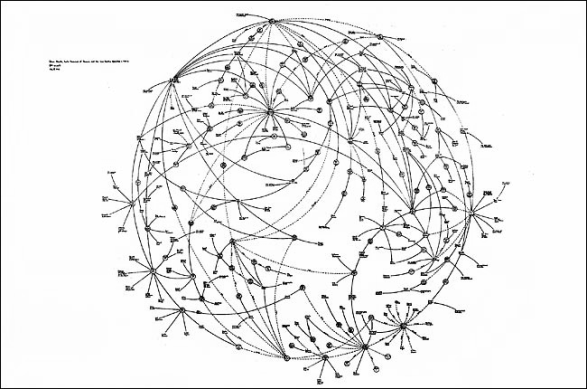Walter Benjamin’s conception of the dialectical image provided a strong foundation for the development of political art during the first half of the twentieth century. However, with the rise of late capitalism and its attendant reorganization of our experience of shock, culture, and history itself, the concept must be reevaluated. This is so not least because, whereas Benjamin operated on the presumption that shock had a kind of self-evident revelatory power, we now occupy a field in which shock is no longer shocking. Through a reconsideration of the contributions made by artists Mark Lombardi and Cindy Sherman, I show how Benjamin’s concept might be saved by strategies of epistemological seduction that operate, not as substitutes for shock, but as a concrete strategy for revitalizing our capacity to experience it.
